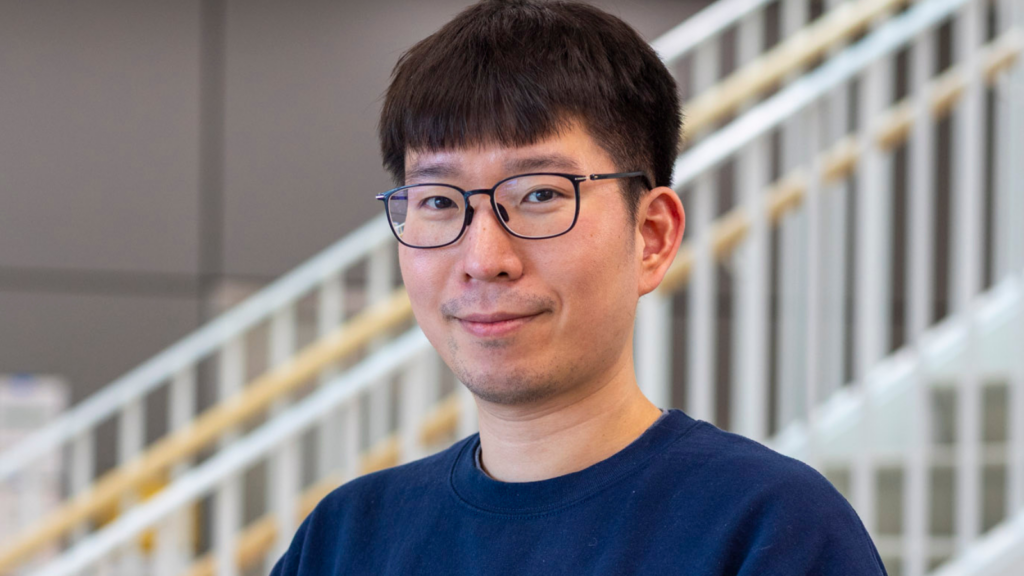Below we are going to delve into Ju Heon Maeng’s background, hobbies and research aspirations.
What are you investigating?
I am currently working on two projects. First, I am investigating transposable element-derived antigens in patient-derived glioblastoma stem cells upon epigenetic treatment. This project involves analyzing multi-omics data, including long-read CAGE data.
Also, I’m studying transposable element expression in patients with neurodevelopmental diseases, including Alzheimer’s diseases.
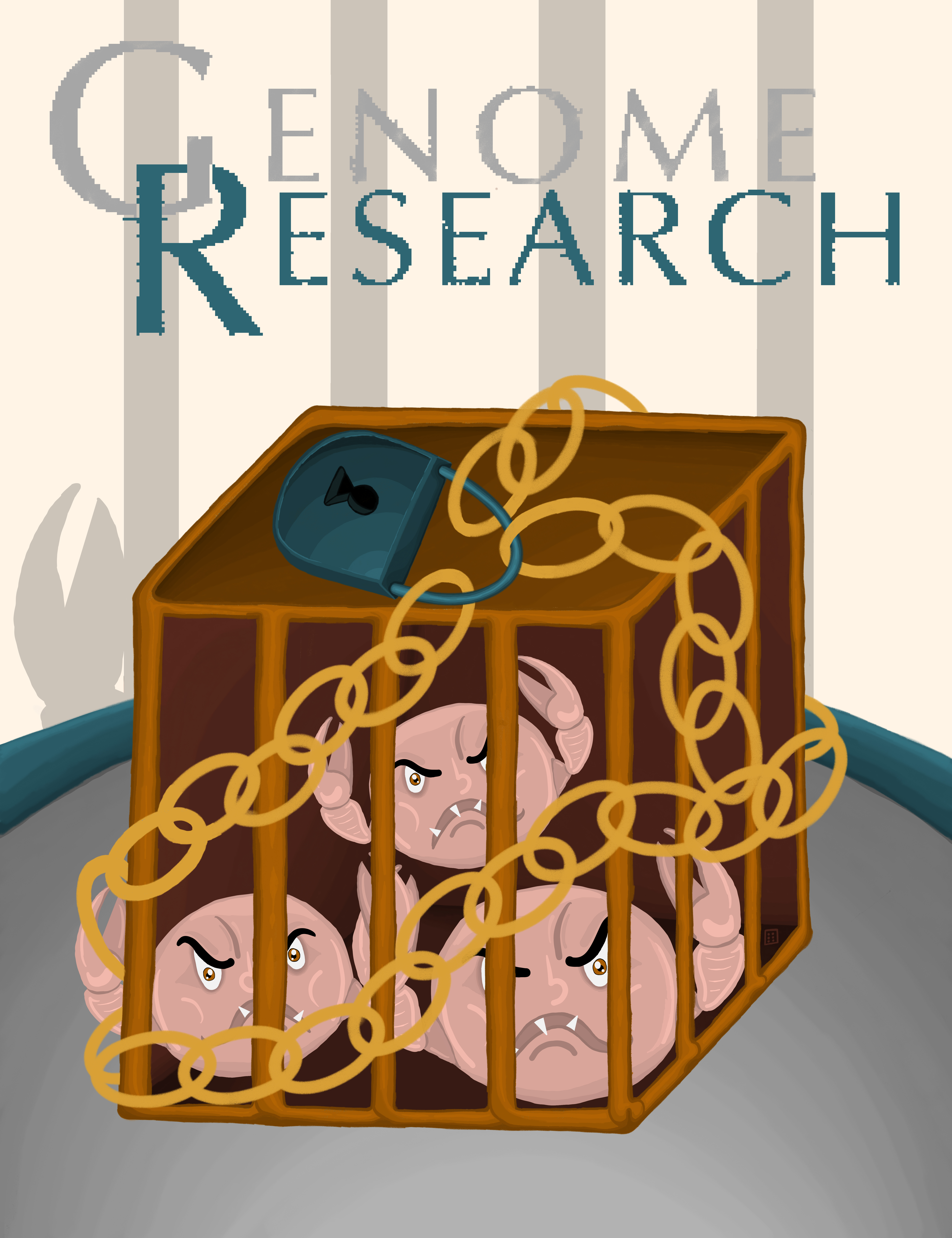
What are possible applications for your research?
In the field of immunotherapy, traditional approaches focus on targeting antigens derived from somatic mutations. However, for cancers with low mutational burden, such as Glioblastoma, the number of antigens from somatic mutations is limited. This poses a challenge for patients who do not possess somatic mutations. For these patients, transposable element-derived antigens could serve as an alternative source of antigens for immunotherapy, offering an additional therapeutic opportunity.
What are your hobbies outside of research?
I enjoy cooking authentic Korean cuisine. My wife and daughter hold high standards when it comes to food. If I don’t meet their expectations, I need to finish all the meals by myself. Over the past 7 years in St. Louis, I dedicated a significant amount of time to improving my cooking skill. One dish that I take great pride in is Duck BBQ, which involves a process of butchering, soaking, and smoking that spans two full days. My mother, who was a professional cook, expressed satisfaction with my Duck BBQ, and even a friend’s child said, “Best duck I ever had”.
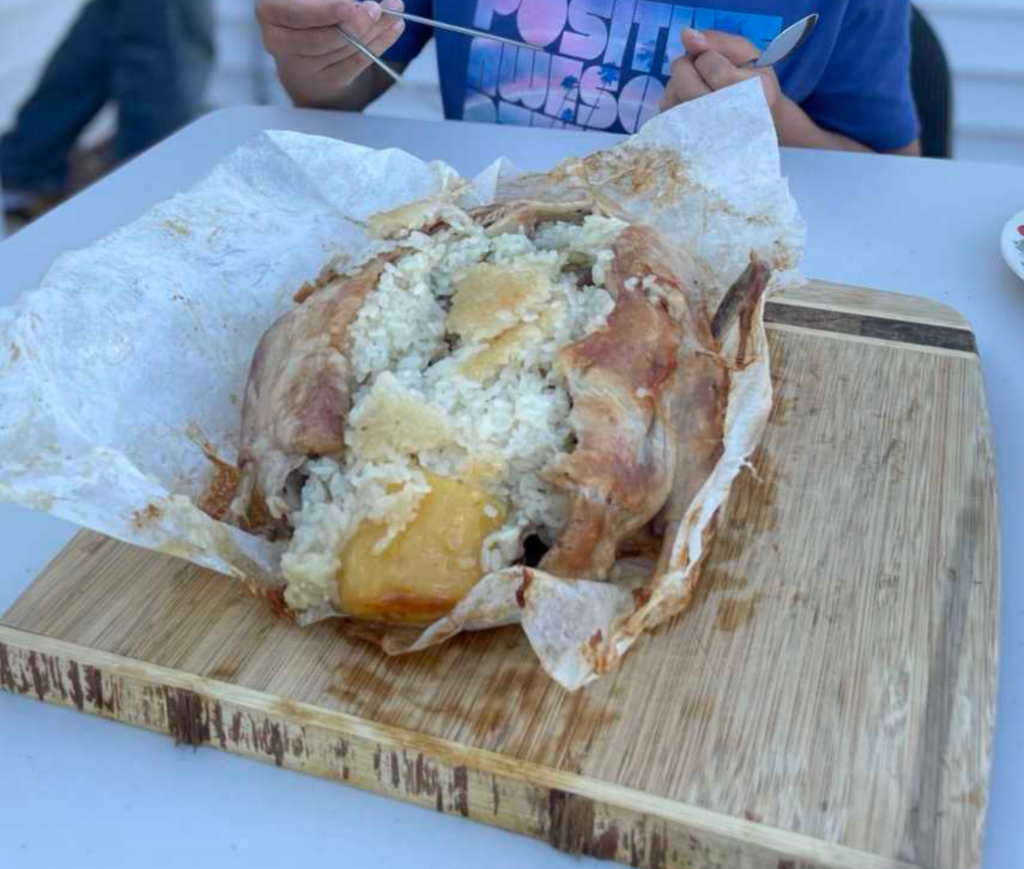
Where did you grow up?
Seoul and Daejeon metropolitan areas in South Korea are where I grew up.
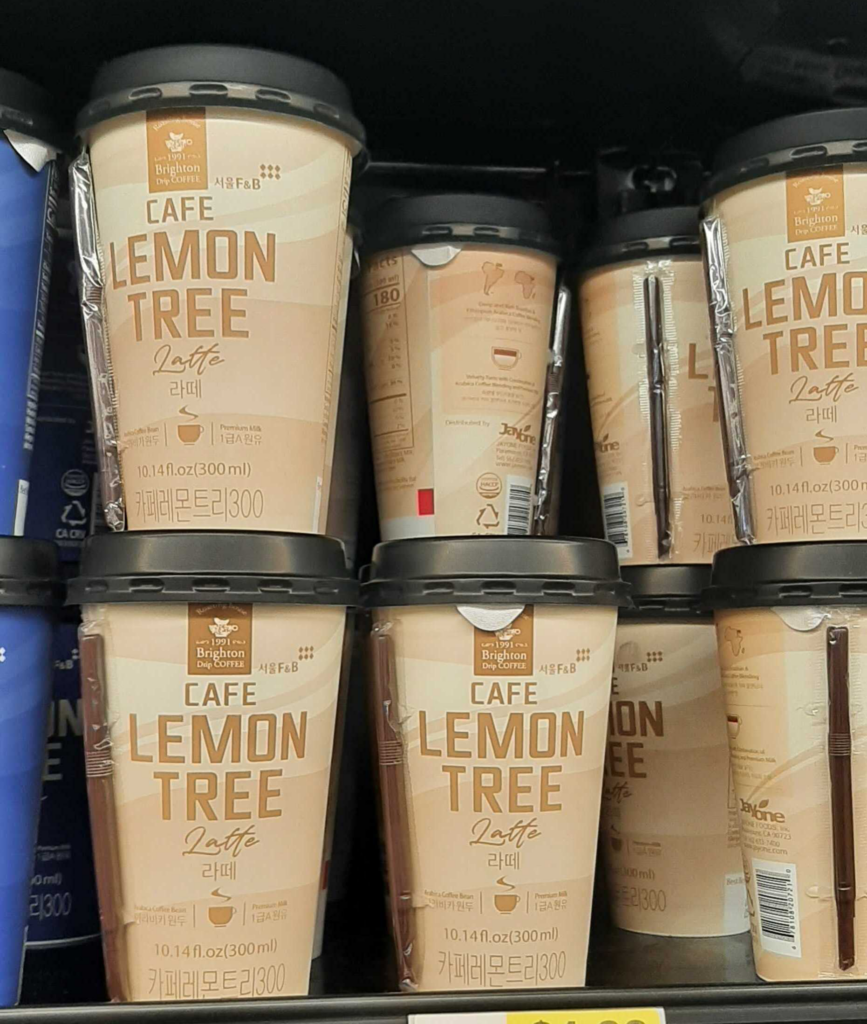
When did you decide you want to be a researcher?
In the concluding phase of my PhD program, I made the choice to pursue a research-focused career, particularly when I commenced working on wet lab experiments. While analyzing data and formulating hypotheses was intriguing, it was through validating my hypotheses with wet lab experiments that I found a greater sense of fulfillment and satisfaction.
Initially, my primary goal for pursuing a PhD program was to establish a start-up, utilizing the knowledge and skills in genomic data analysis. However, I discovered that my passion for scientific research surpassed my initial expectations.
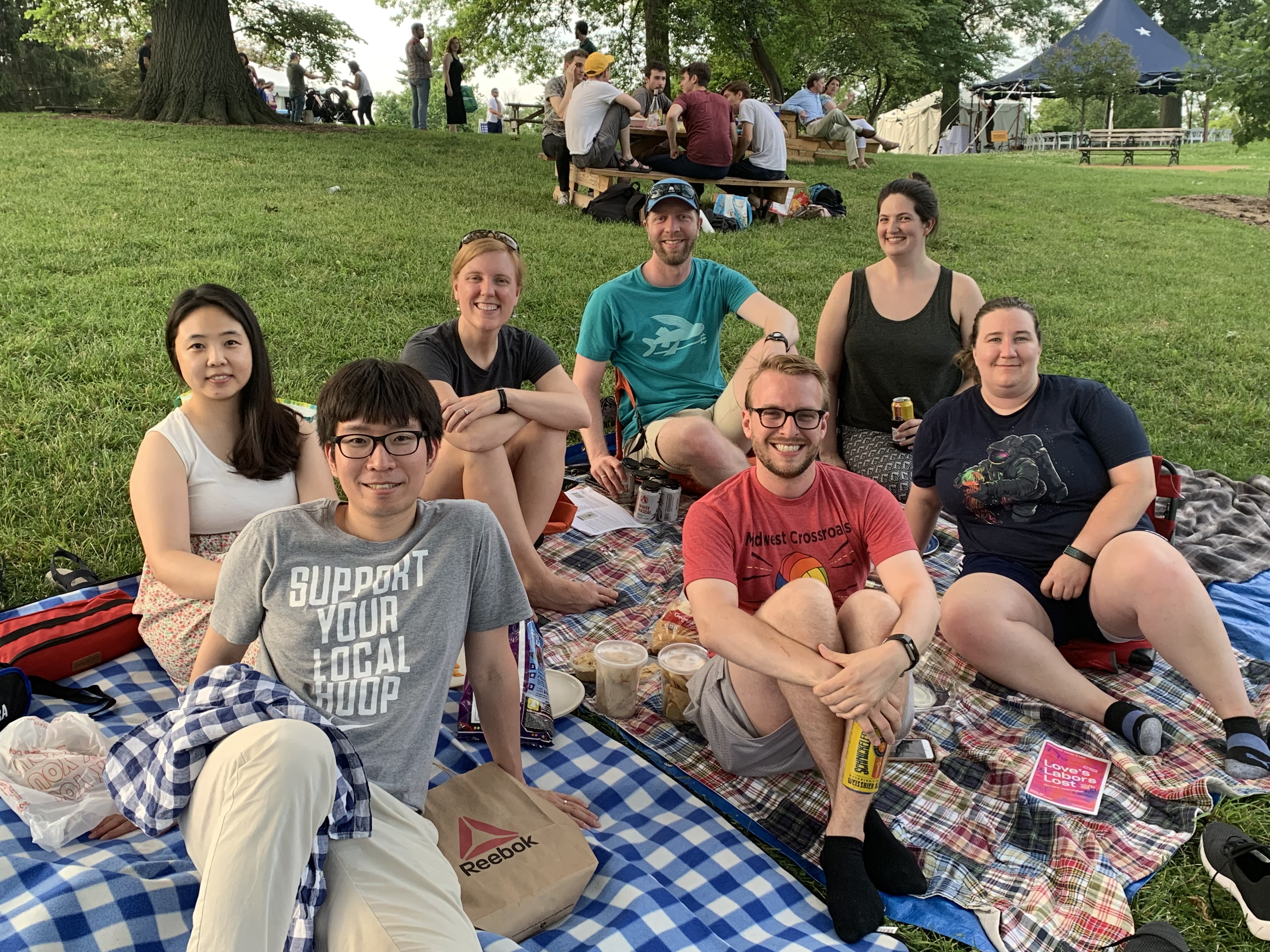
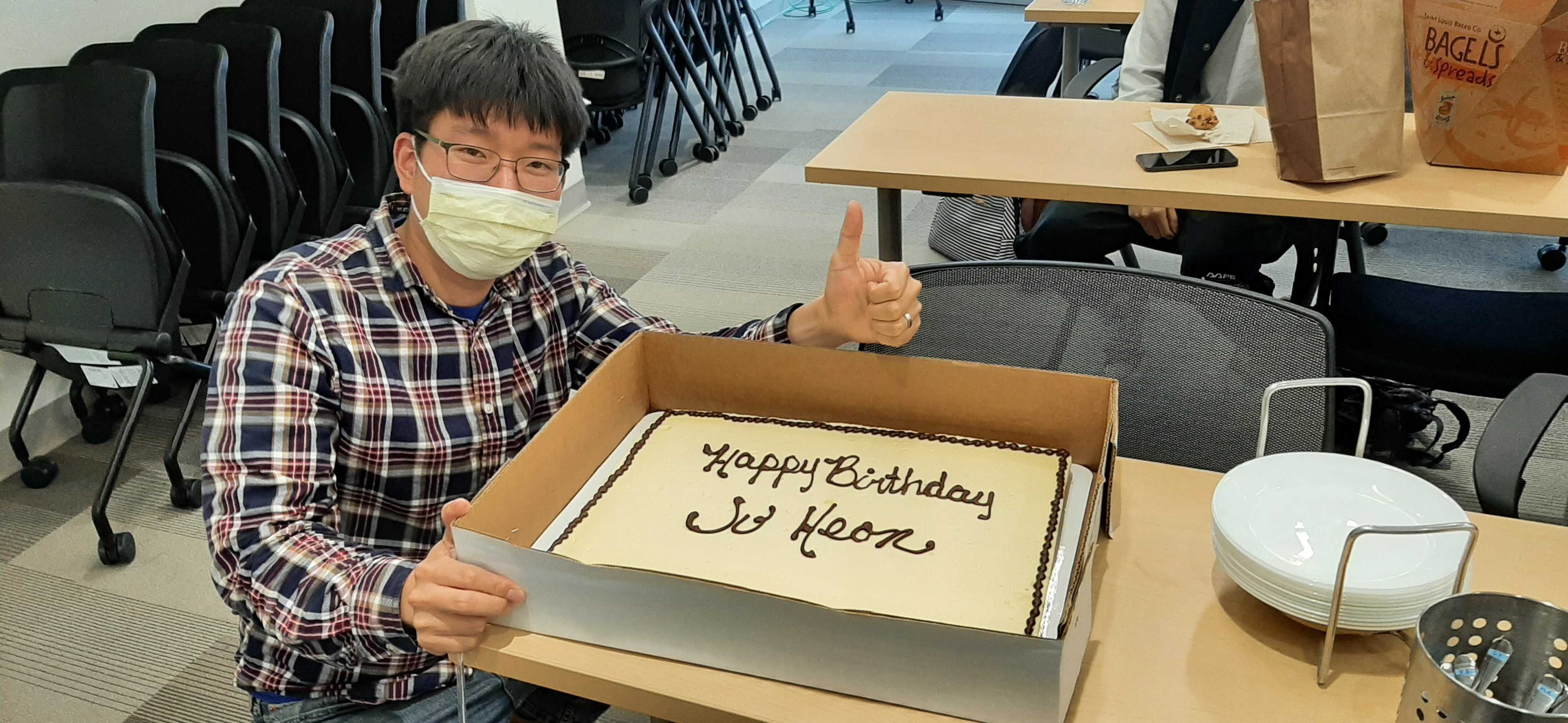
What’s your favorite meal to cook or eat?
My favorite meal to cook is Korean Spicy Pork.
When did you move to St. Louis and how do you like living here?
I moved to St. Louis in 2016. St. Louis reminds me of Daejeon in South Korea where I spent a significant portion of my life. It strikes a balance between being neither too large nor too small. St. Louis allows me to distance myself from overcrowded areas while still providing everything I require, including Korean restaurants. I truly appreciate living in St. Louis and want to highlight that, contrary to common beliefs, the city is genuinely safe.
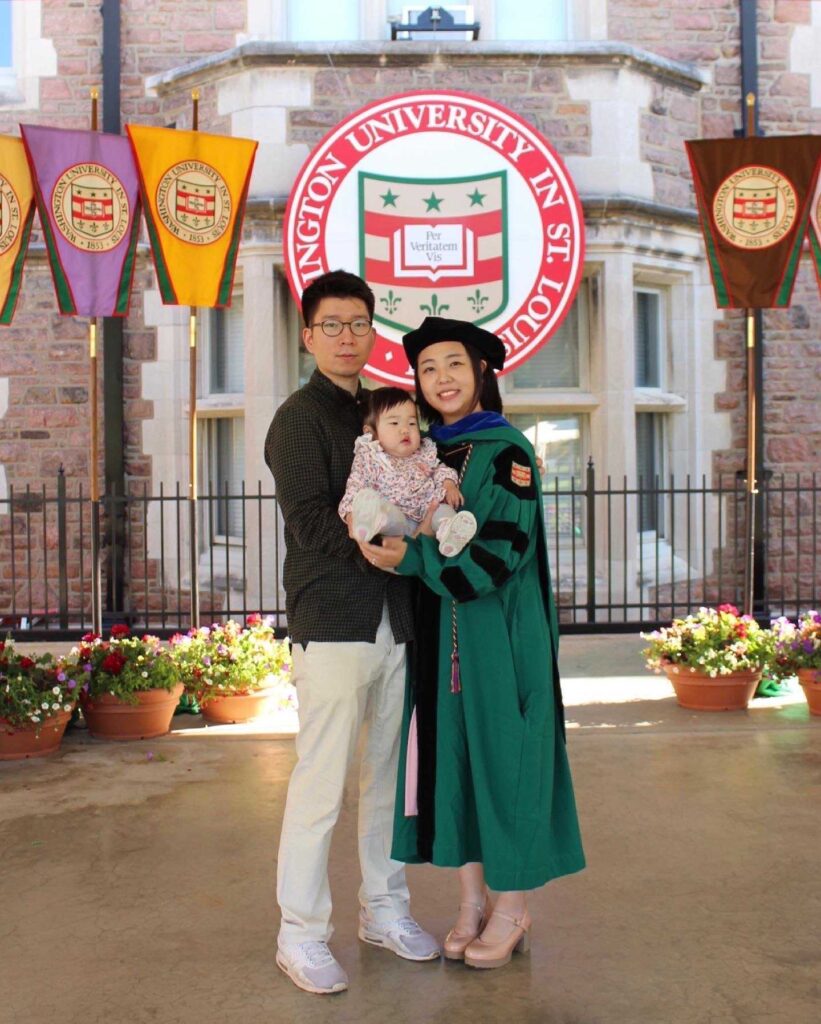
What’s your favorite part of being a postdoc?
Ting is a great mentor for me. He has wisdom as a scientist and as a father. He generously shares his insights for data analysis and troubleshooting, while also providing strong support for my endeavors. Also, as a father himself, he advised me to take up the responsibility of night feeding for the first 3 months of my baby’s life, ensuring that my wife could enjoy uninterrupted sleep. I believe that my night shifts alleviated her daily challenges.
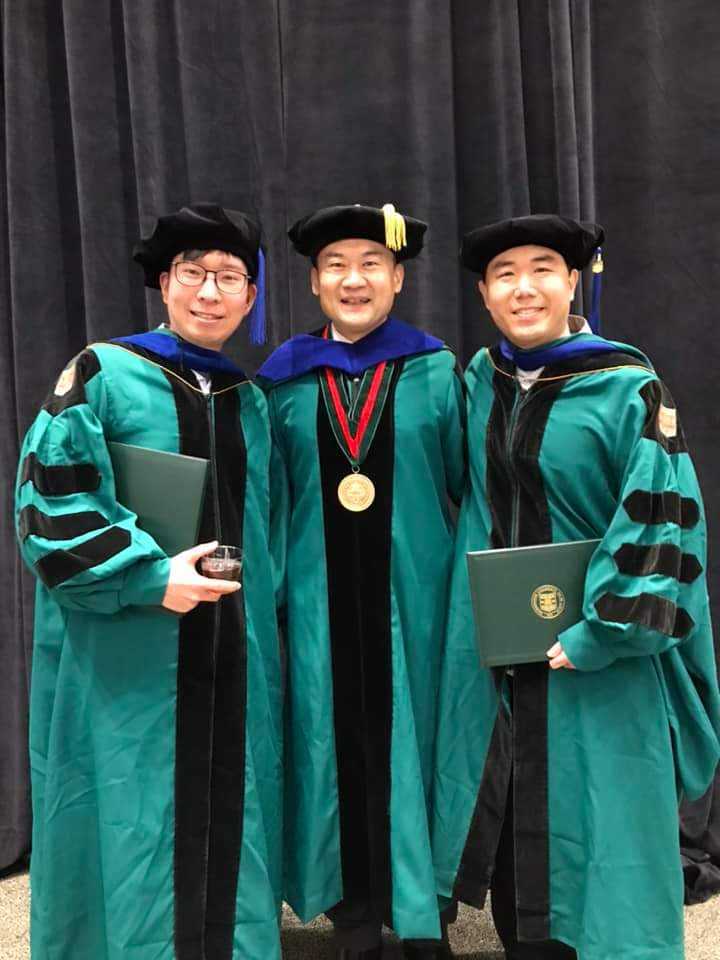
What do you want to do after being a postdoc?
I am currently exploring avenues to apply my research findings to patient populations. The idea of targeting transposable element-derived antigens holds tremendous promise, but the practical application of this concept to real patients raises important questions that need to be addressed. As an initial step towards this goal, I am presently conducting experiments to test the immunogenicity of transposable elements-derived antigens induced by epigenetic treatment.
